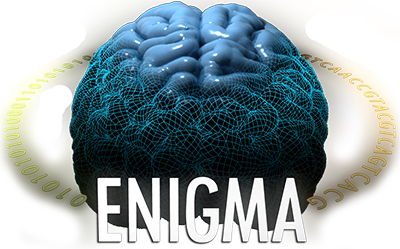
The ENIGMA-Evolution working group seeks to integrate the latest findings from molecular anthropology and evolutionary genomics with data from large-scale studies of human neuroimaging genetics. In particular, we aim to determine whether genes implicated in hominid evolution may be associated with interindividual variation in brain structure and function in current human populations. Whole genome sequences of modern humans, extant primates and even extinct hominins (including Neanderthals and Denisovans) has allowed us to identify genes and loci that display interesting patterns of evolution in our ancestors. For example, certain parts of the genome, called Human Accelerated Regions (HARs), show high conservation across all mammals except humans. Genetic variants within HARs have been associated with neuropsychiatric disorders and alterations in brain structure. In addition, during the >400,000 years since our split from Neanderthals, some of the genetic variation existing before the split settled into fixed alleles, while breeding between anatomically modern humans and Neanderthals introduced variation that persists in the form of introgressed fragments (IFs). These IFs have been correlated with a range of phenotypes, including neuropsychiatric traits, although they have not yet been shown to be associated with aspects of brain structure and/or function. Leveraging the world's largest human neuroimaging genetics consortium, we will determine whether and how HARS, IFs, and other evolutionarily interesting parts of the genome, influence the structure and function of the human brain.
This work will include analyses of subcortical volumes, cortical thickness and surface area, and overall brain shape, and it will be informed by literature on comparative neuroanatomy. We will also analyse the relationship between evolutionarily interesting genomic regions and variation in neural connectivity, based on DTI and resting state-fMRI, with a special focus on brain circuits implicated in human-specific traits like language. Using the latest methods for determining genetic correlations from molecular data, we will ask whether evolutionary regions that we implicate in variable brain structure/function also contribute to variation in human cognition and behaviour. The work of this group will be co-ordinated with efforts by several other ongoing ENIGMA working groups, including ENIGMA3 and ENIGMA-DTI as well as using existing genome-wide association datasets from ENIGMA1, ENIGMA2, ENIGMA-CHARGE ICV and HV studies.
ENIGMA on social media:



